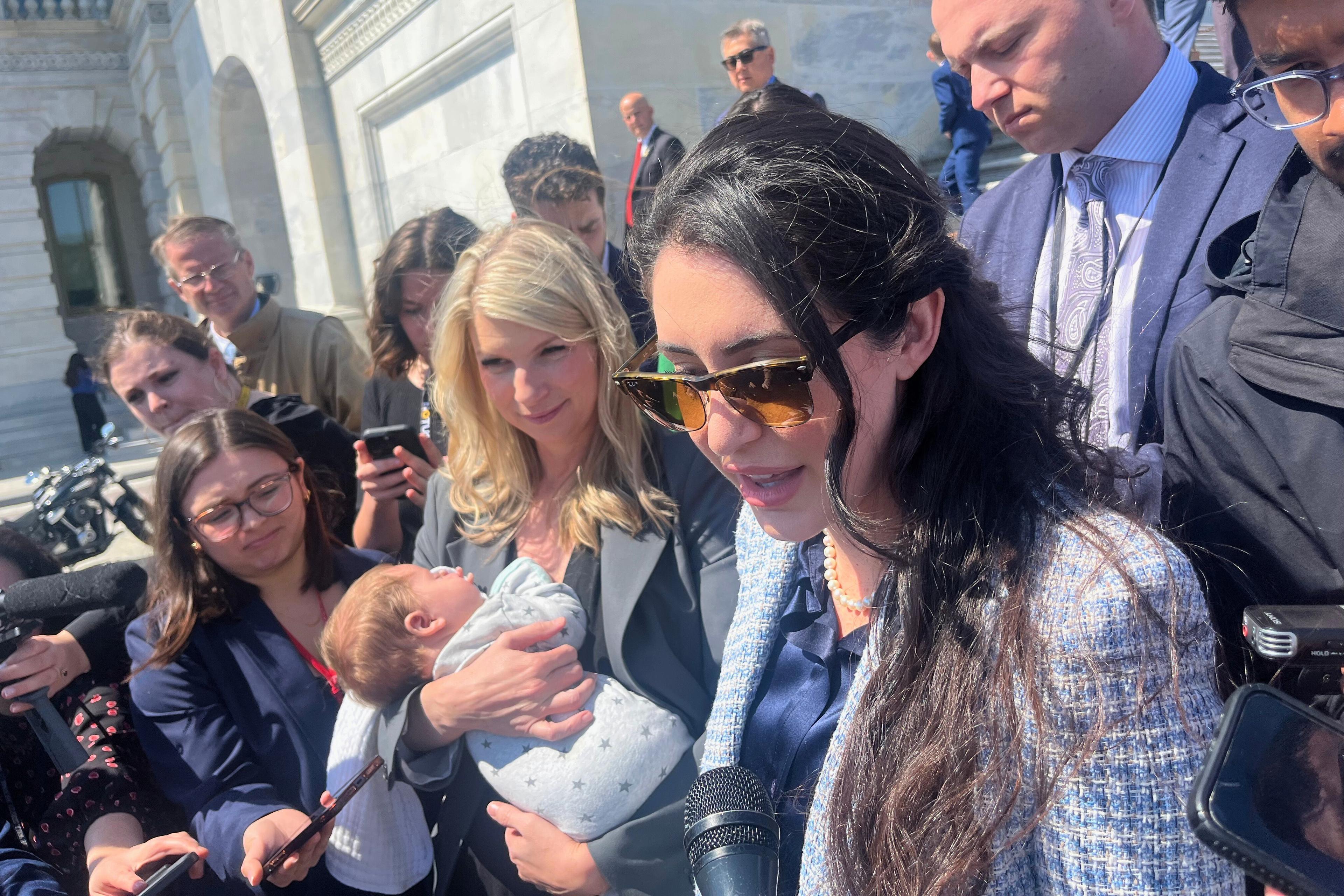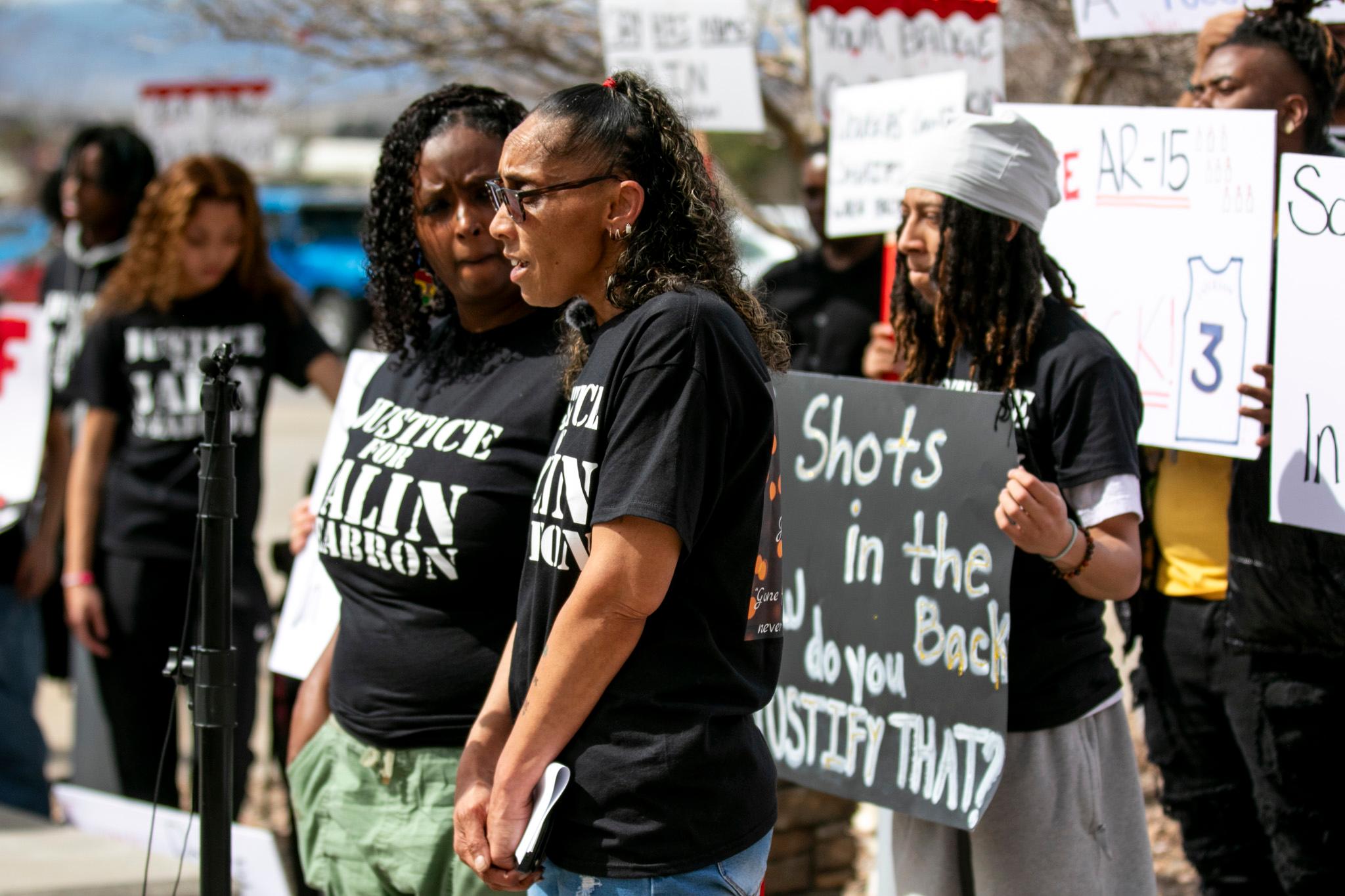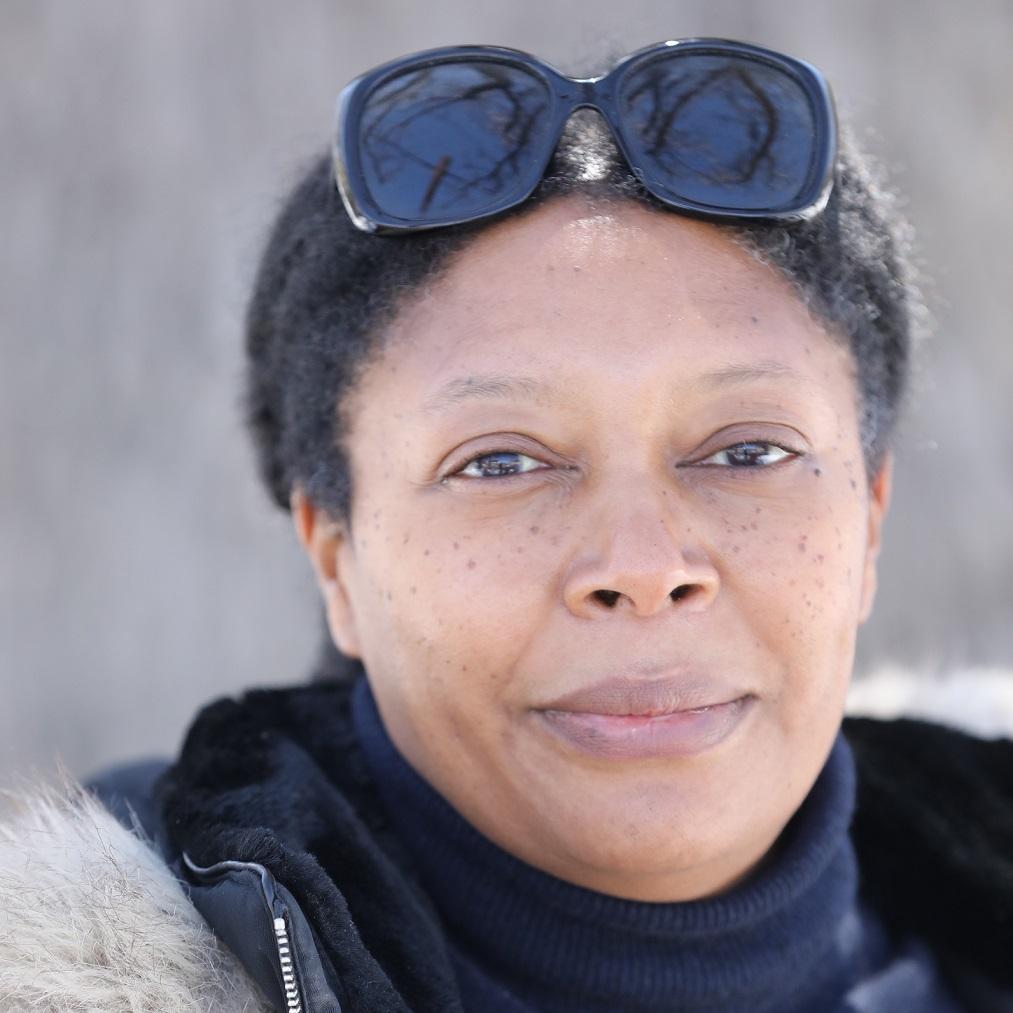
Joel Estes, after whom Estes Park was named, first arrived in Colorado with five enslaved people, and until the early 1900s, at least 10 people were lynched in Colorado – those are the findings of a research team hired in recent weeks by History Colorado to fulfill a new state law mandating the study of the harms caused to Black Coloradans.
In 2024, SB24-053 became law. Sponsored by State Sen. James Coleman, and State Reps. Leslie Herod and Naquetta Ricks, it directs a Black Coloradan Racial Equity Study Commission “to conduct a study to determine, and make recommendations related to, any historical and ongoing effects of slavery and subsequent systemic racism on Black Coloradans that may be attributed to Colorado state practices, systems, and policies.”

The study has been partially staffed for only five weeks – but during a meeting Thursday in the State Capitol, already offered some potentially surprising findings about enslavement and lynching in the state.
The gathering was billed as a way to let people know the research team was forming and that research had begun. It was attended by only a few dozen people: about a dozen spectators in the gallery, plus members of the 14-person commission.
Also present was Dawn DiPrince, president and CEO of History Colorado, who introduced three new members of what will become a five-person research team.
They are:
- Chloé Duplessis, who will serve as Colorado Black History research program manager and “lead a team of researchers in conducting evidence-based historical research of practices, systems, and policies of the State of Colorado that have harmfully impacted Black Coloradans,” according to History Colorado;
- Scott Spillman, who will use memos from the other researchers to craft the study team’s final narrative; and
- ChaToyya Walker, who will collect oral histories from Black Coloradans.
The team still has two spots to fill and has interviews in the coming weeks to staff those openings, DiPrince said.
Within moments of introductions being made during the meeting, Duplessis took the room by surprise when she said that in the five weeks she’d been on the job, she had already come across information about enslavement in Colorado.
“Now all of us, to some degree, I'm assuming, are familiar with the beauty and the grandeur and the joy that is Estes Park, but many of us may not be aware that this place where people go to enjoy, to celebrate, to be walking with nature as a namesake is connected to Joel Estes who traveled here with five enslaved persons and remained here for a number of years, and upon leaving took with him his property, his materials, and five enslaved persons.”
She supplied a handout labeled as “an excerpt from a memorandum sent to Albert E. Sprague by H. Huffner, a grandson of Joel Estes.” In a footnote, it says the document came from “Various Letters From Estes Park Founder Joel Estes & His Family Along with Brief Histories.”

The memo says the enslaving Estes family member “took with him five negro slaves who had been in the Estes family for a number of years. They were very near to the family. He took them back to Missouri and put them on his farm, gave them some livestock and provisions to last for a year and freed them a year before Abraham Lincoln’s Proclamation.
The slaves were a curiosity to the Indians of Colorado, they came to their camp by the thousands to look at the Black man and wondered at the curly hair and the color of the skin. They were obliged to be careful lest they steal them away.”
Duplessis said that was just one case, but there were several others she was actively looking into.
That there’s documented evidence of enslavement in Colorado would contradict long-standing beliefs that there wasn’t slavery in the state. For example, Herod, one of the sponsors of the legislation, told CPR News for a story published in November 2024: “I think there's a big question about if we need this study at all specifically because Colorado has never had slavery. But unfortunately, that is not the only impetus for racism to have been embedded in our laws in Colorado,” she said.
She cited a history of KKK activity and redlining as harm caused to Black Coloradans, expressing what many people have thought was settled history.
That Estes had enslaved people in Colorado has been reported on, but not widely.
People were clearly taken by surprise after Duplessis’ reveal. Commission member Sade Cooper, a founding director of Collaborative Healing Initiatives within Communities, the nonprofit organization tasked with raising funds for the study, anticipated that the meeting was simply “intended to inform community members about what the study will entail, the areas that will be investigated in-depth, and to announce that the research has officially begun," she said in an email a few days before the meeting.

Just as no one was anticipating Duplessis’ research findings about enslavement, no one seemed prepared for what happened later in the meeting, when Walker, another member of the research team, shared what she had come across on the topic of in-state lynchings, in just over a month of working.
“I read a lot of the sources for Colorado, the books that are written. And right now I'm going through the newspapers … So right now I think there was about 10 to 20 Black people who were lynched. Quite a few are unnamed, so I'm trying to track down who it might be and … what they were accused of before they experienced that violence. But there's accounts of Black people experiencing lynching from the mid 19th century up until 1902.”

This was received with stunned silence. When the meeting ended after over 90 minutes, commission member and President of the Colorado Black Women for Political Action, Bianka Emerson, said she was not expecting to hear that.
Other areas researchers will examine include:
- Wealth (including job discrimination, restrictive covenants and redlining in housing, and access to credit in banking);
- Health (including access to clinics and hospitals, maternal health, food deserts and segregated parks and recreation facilities);
- Education (including infrastructure, location of libraries, and segregation in primary and secondary schools), and
- Justice (including police harassment, mandatory minimum sentences and threats, violence and intimidation by members of law enforcement against Black Coloradans).
“The Racial Equity for Black Coloradans Study . . . will focus on the historical constraints that Black Coloradans have faced in attaining a decent quality of life in the Centennial State. The Study will pursue the goal by examining Black Coloradans’ access to four major aspects of quality of life: justice, wealth, education and health,” the handout says.

Nowhere on it does one find the word “reparations,” although the goal at the end of the 2½ year study is for a different set of consultants to assess how these harms economically impacted Black Coloradans, with the goal of the state of Colorado then being accountable for those harms.
According to Herod and Cooper, Colorado is one of three states actively engaging with the topic of reparations, whether they call it that or not. Others are California and Illinois, whose programs are facing challenges.
In September 2024, California Gov. Gavin Newsom signed a series of bills to address the legacy of racial discrimination in California and advance issues important to the state’s Black population. Newsom also signed an accompanying “formal apology for California’s historical role in the perpetuation of slavery and its enduring legacy,” according to the governor’s website, which says legislation provides more literature in prisons and more protections for features adjacent to skin color and associated with race, such as hair texture.
The other state is Illinois. In 2021, Evanston, Illinois, became the first U.S. city to begin offering home-purchasing assistance to Black residents who lived there between 1919 and 1969 – the year the city banned housing discrimination. Having provided close to 200 residents who’d been subjected to discrimination with $25,000 each in housing relief, the measure is now being challenged as discriminatory against people who are not Black.









